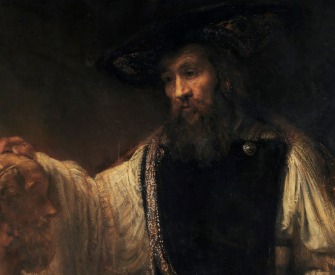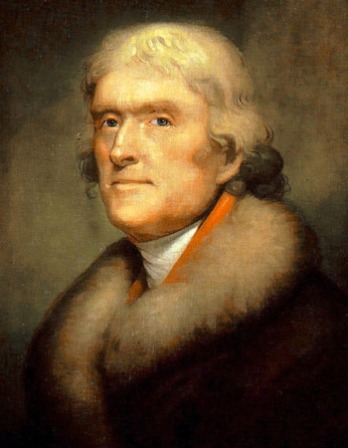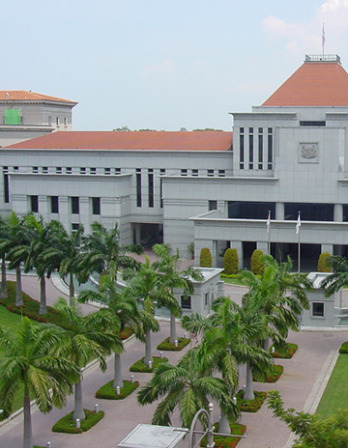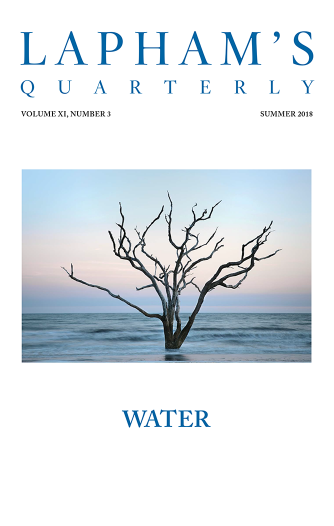My Dear Thackeray,
You are a genuine lover of the theater. When we are in London, we must go to the pit. Now, Thackeray, I lay you ten thousand pounds that you will be thoroughly disappointed when we come together—our letters have been so warm that we shall expect each minute to contain a sentence like those in our letters. But in letters we are not always together; there are no blue-devilish moments; one of us isn’t kept waiting for the other; and above all, in letters there is Expectation! I am thus foreboding because I have felt it—and put you on your guard very seriously about it, for the disappointment of such hopes has caused a flatness, then a disgust, and then a coldness betwixt many friends, I’ll be bound. So think of meeting me not as I am in my letters (for they being written when in a good humor, and read when you have nothing better to do, make all seem alert and agreeable) but as you used to see me in London, Cambridge, etc. If you come to think, you will see there is a great difference. Do not think I speak thus in a lighthearted way about the tenacity of our friendship, but with a very serious heart, anxious lest we should disappoint each other and so lessen our love a little. I hate this subject and to the devil with it.
I shall send my letter. Shall I have one from you?
From a letter to William Makepeace Thackeray. The two writers became friends while attending Trinity College, Cambridge. For seven years after graduating in 1830, FitzGerald maintained no fixed address but kept up a lively correspondence. Thackeray was given to accompanying his letters with sketches, which FitzGerald cut out and eventually presented as a scrapbook to Thackeray’s daughter Anne Ritchie. “When trial and sorrow came for my father,” Ritchie recalled, “ ‘old Fitz’s’ generous-hearted sympathy never failed.”
Back to Issue




